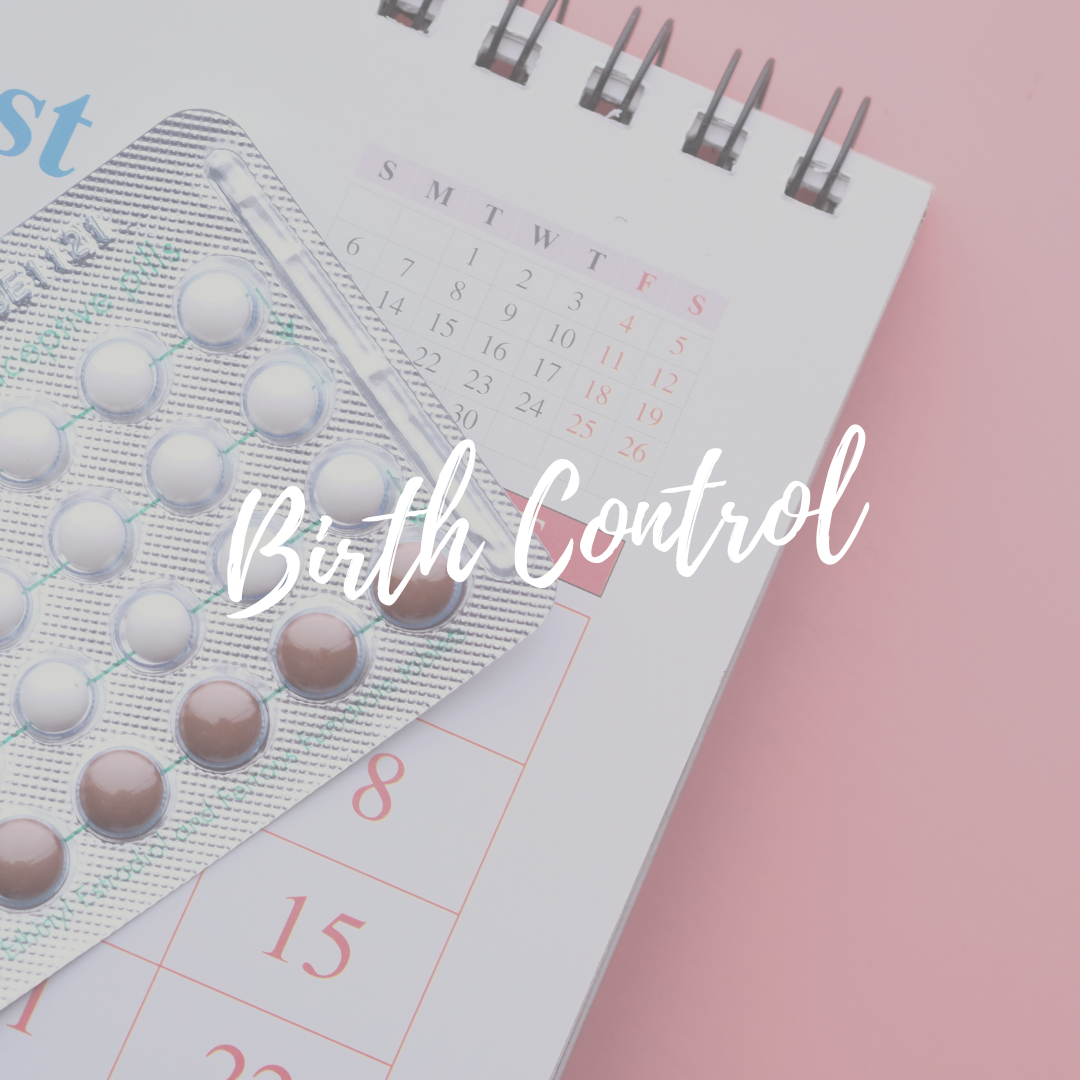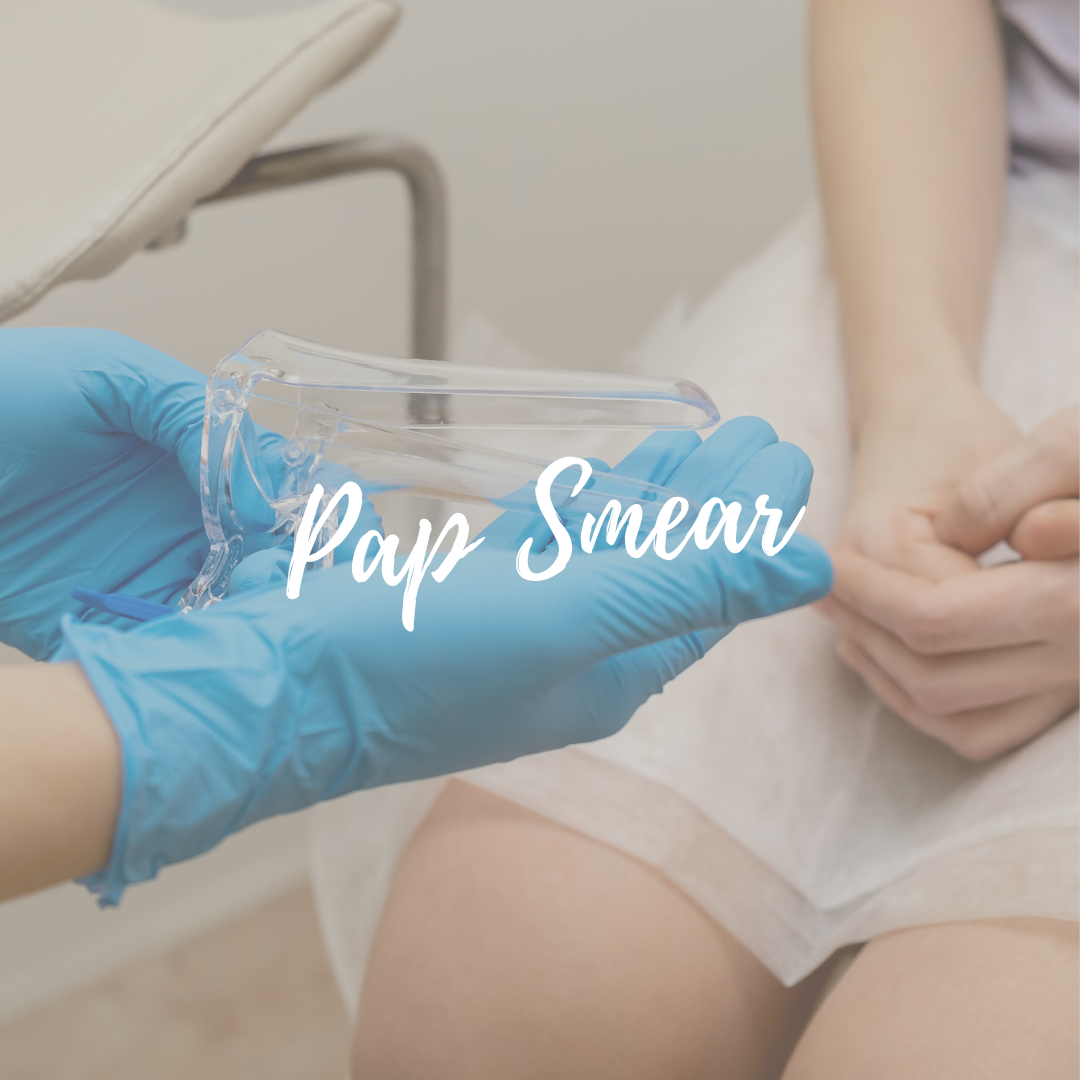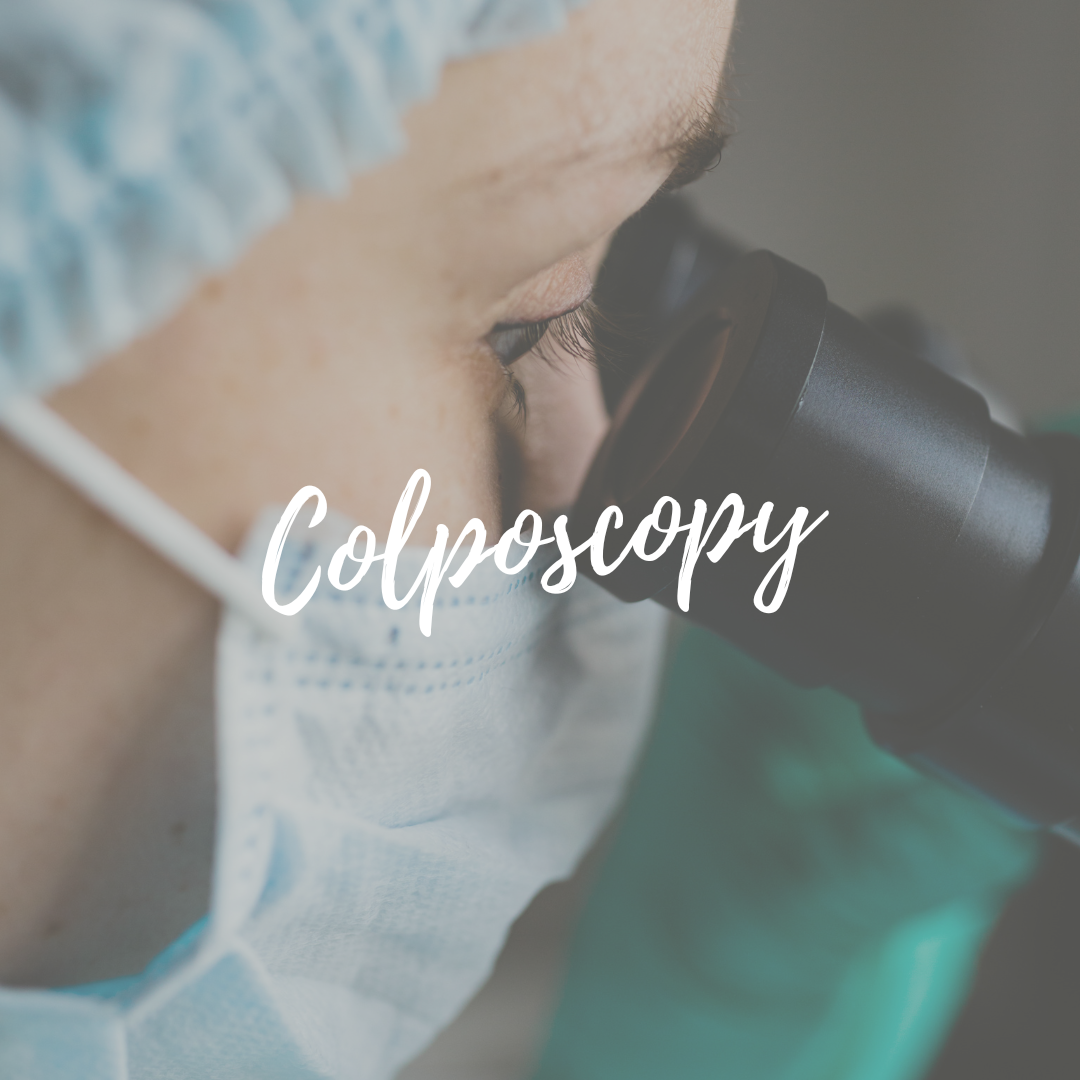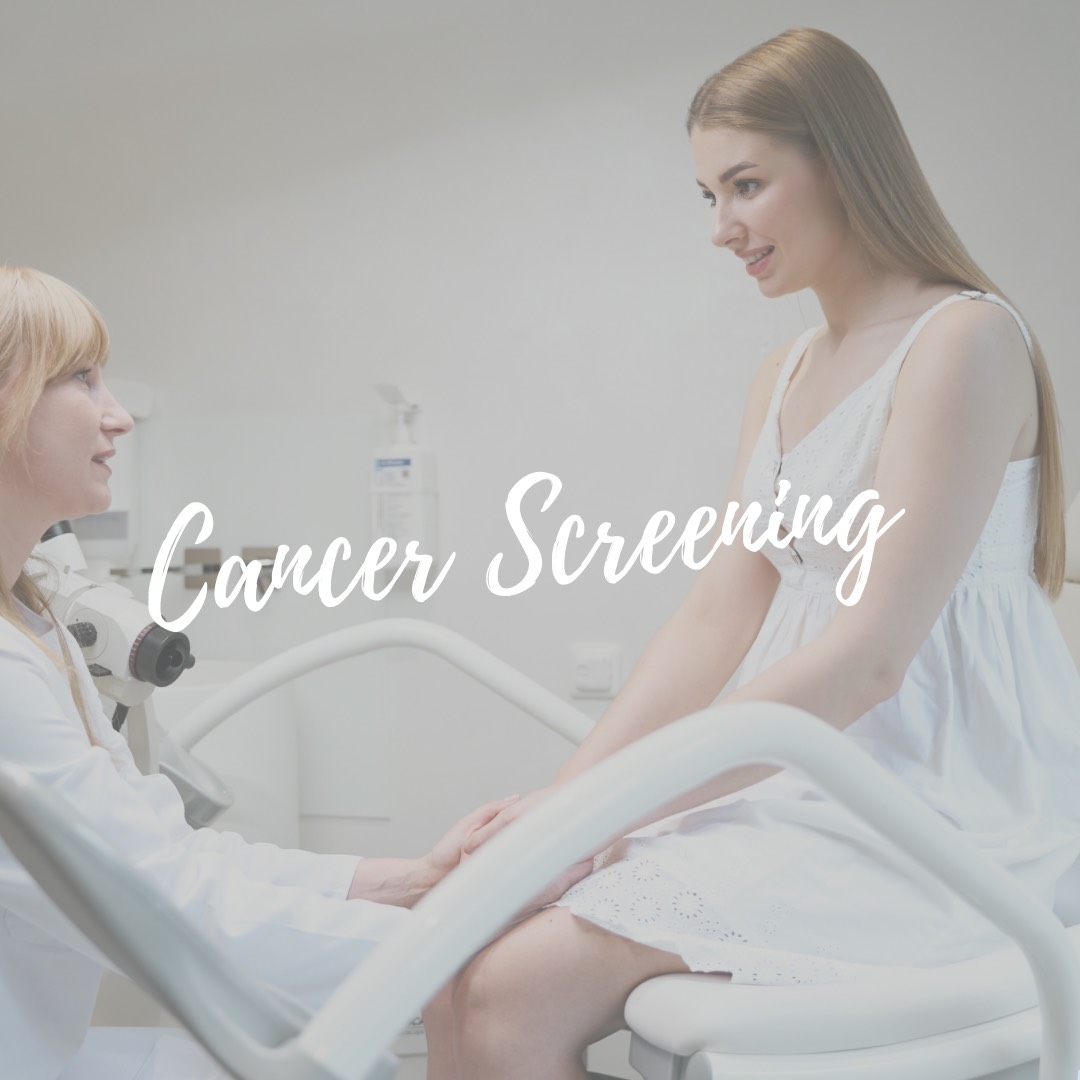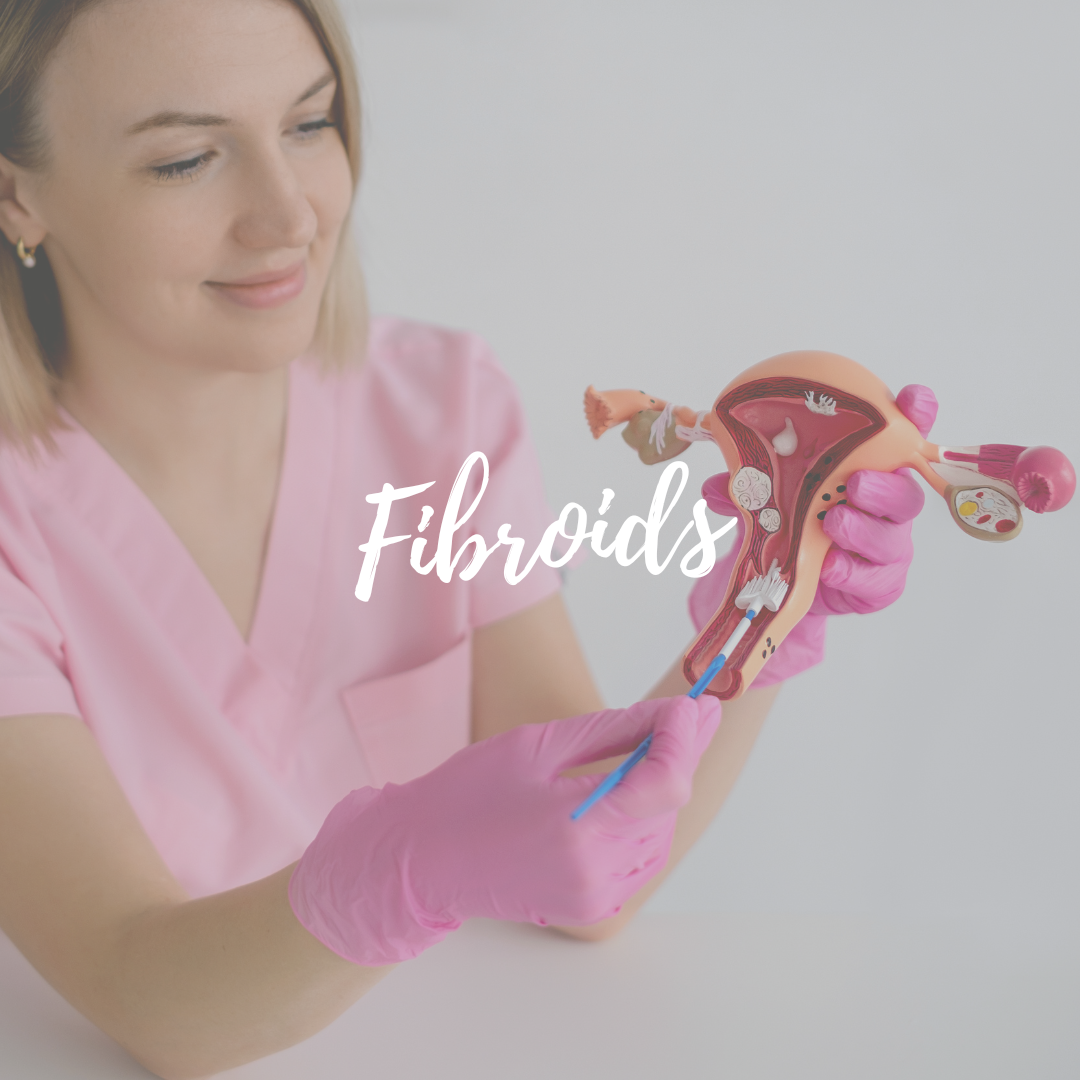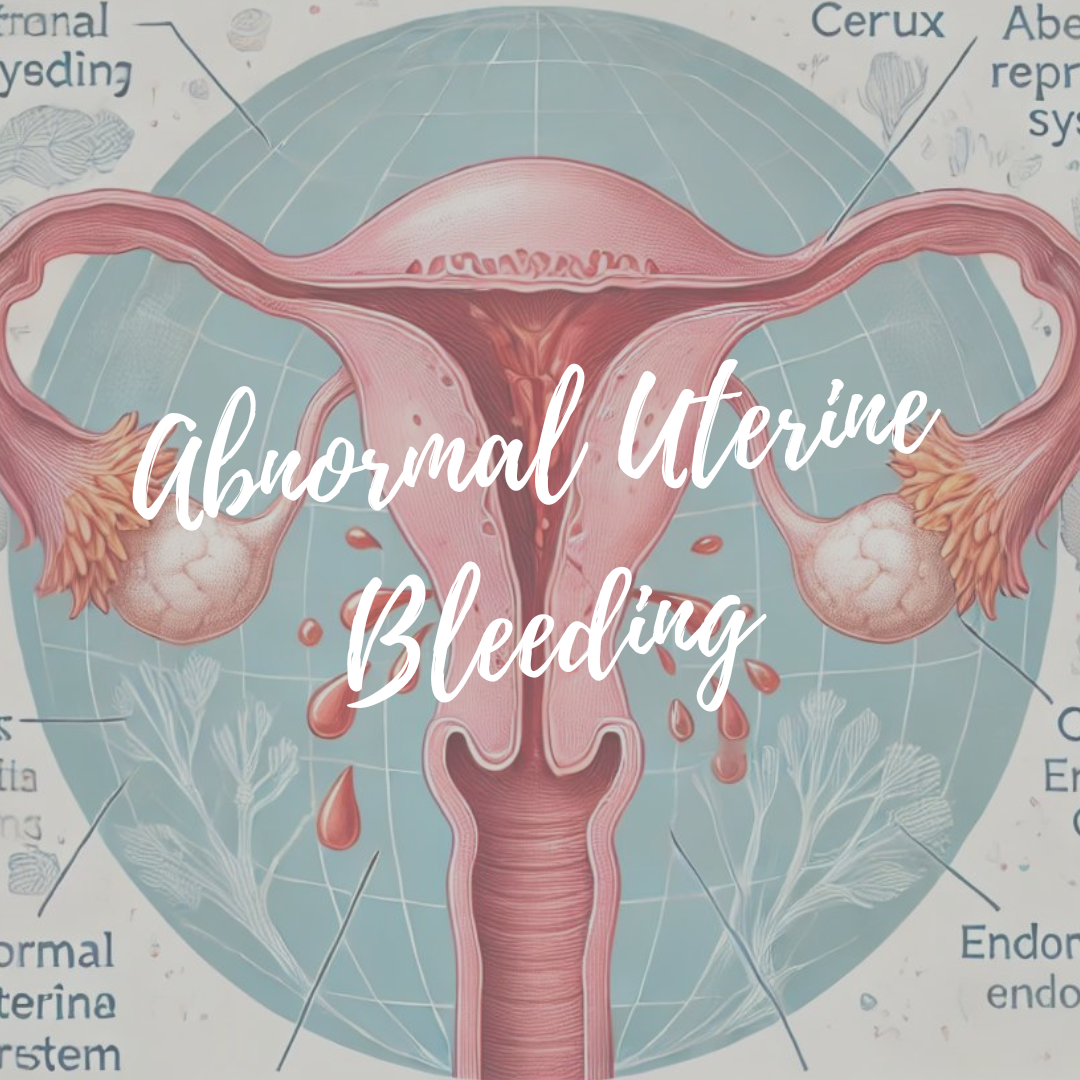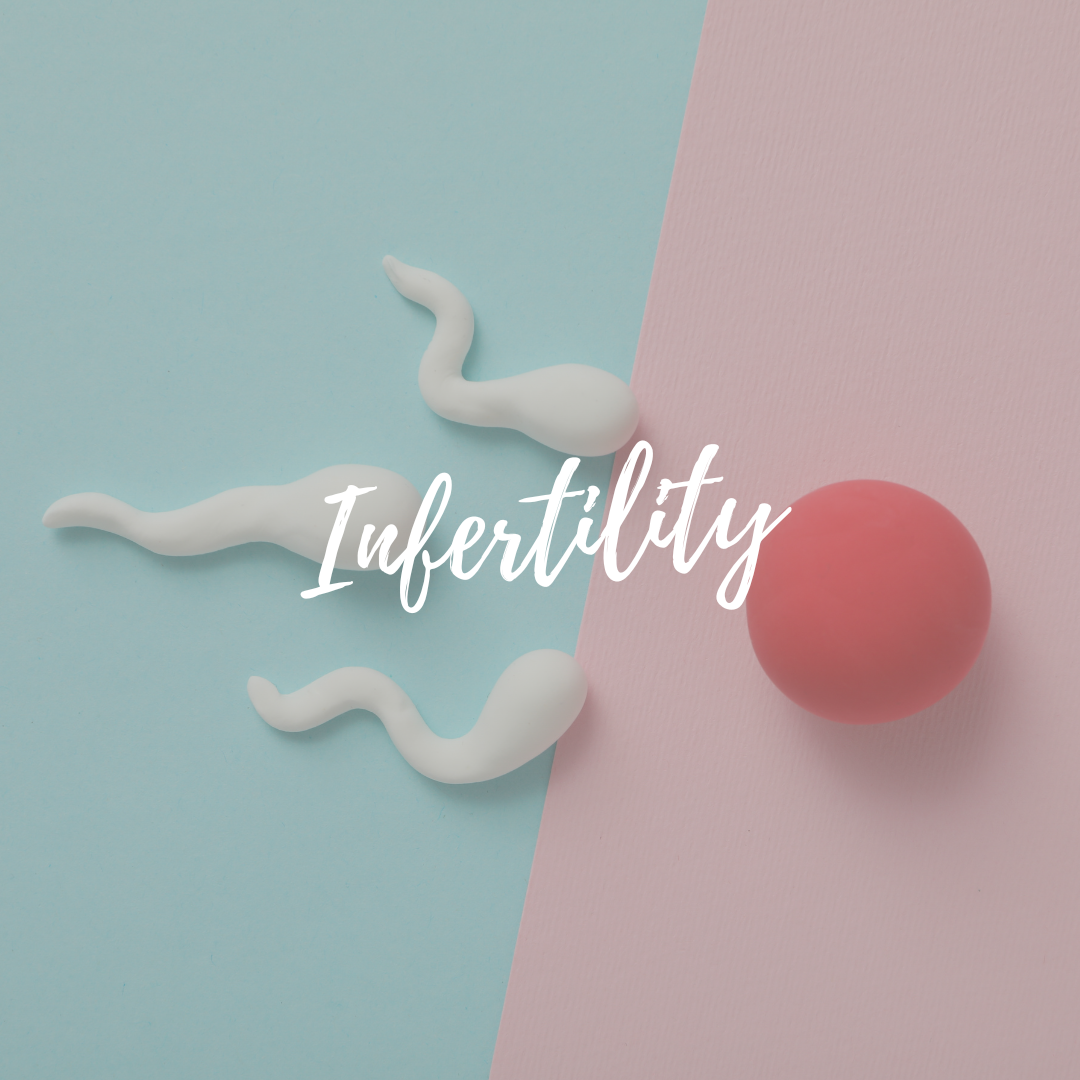
Infertility: Understanding and Overcoming Challenges
If you’ve been trying to conceive for 12 months without success, you may have a fertility issue. Doctor Copur at FirstChoice OB-GYN diagnoses and treats infertility to help women and couples who want to grow their families. They offer detailed fertility assessments and a variety of treatments, from ovulation-stimulating medications to in vitro fertilization (IVF), to help you conceive. Call or schedule a consultation online today.
Infertility Q & A
What is infertility?
Infertility is defined as the inability to conceive after 12 months of regular, unprotected intercourse. Statistically, 85% of couples successfully conceive within a year, with many achieving pregnancy within the first few months. However, only 7% of couples conceive if they continue trying for a second year without medical assistance. Between 12-15% of couples experience infertility.
What causes infertility?
Infertility can be caused by various factors affecting both women and men. For women, irregular ovulation due to polycystic ovary syndrome (PCOS) or issues preventing the egg from reaching the uterus are common causes. Conditions such as uterine fibroids or endometrial polyps can prevent a fertilized egg from implanting in the uterus.
Male factor infertility typically involves problems with the quality or quantity of sperm, preventing it from reaching or fertilizing the egg. A history of sexually transmitted diseases (STDs) or pelvic infections can also increase the risk of fertility issues.
When should I talk to a doctor about infertility?
If you’re under 35 and don’t have any known conditions that could interfere with pregnancy, speak to a doctor at FirstChoice OB-GYN after a year of trying to conceive. If you’re 35 or older, schedule an appointment after six months of unsuccessful attempts.
What happens during a fertility evaluation?
During a fertility assessment, your physician will gather your personal and family medical history and perform a physical exam, including a pelvic exam. Blood and urine tests, along with a transvaginal ultrasound, will be ordered to examine your reproductive organs.
Your doctor may also request a hysterosalpingogram (HSG), a special type of X-ray to evaluate the fallopian tubes and check for uterine problems such as fibroids, polyps, or scar tissue. A semen analysis may be recommended for men.
What infertility treatment options are available?
Your physician will provide customized treatments based on your specific needs. This may include education and counseling to help you understand your reproductive health and advice to improve your overall health.
Depending on the cause of your infertility, treatment options may include:
- Medications to improve egg development and ovulation
- Insemination procedures
- In vitro fertilization (IVF)
- Third-party reproduction options
Call FirstChoice OB-GYN or schedule a consultation online today for personalized fertility assessments and treatments.


